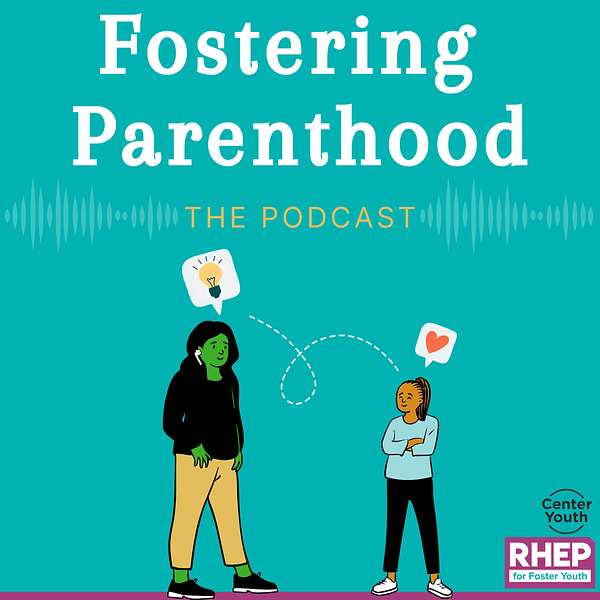
Fostering Parenthood
Fostering Parenthood
Breaking the cycle: Voices of trafficking survivors in foster care
Content Warning: This episode discusses sensitive subjects, including abuse and child sexual exploitation. Please exercise discretion while listening.
Episode Description:
This episode will give caregivers a new understanding of what youth in care who've experienced abuse and/or commercial sexual exploitation go through and how to support them.
Guests on the show:
Brandy: Former foster youth, survivor of commercial sexual exploitation of children (CSEC) in foster care, member of the Youth Advisory Board at the Reproductive Health Equity Project
Nola Brantley: Survivor of sexual abuse and sex trafficking, mother, MISSSEY’s Executive Director from the organization’s inception until 2014, founder of Nola Brantley Speaks, advocate for survivors of CSEC
Resources:
- HOW TO TALK TO YOUTH ABOUT HUMAN TRAFFICKING: A Guide for Youth Caretakers and Individuals Working with Youth
- Trauma-informed conversation guide
Calls To Action: (45:30)
Talk to youth in care about CSEC early on (45:30)
Join youth where they’re at (45:45)
Help youth in care receive the resources they need (46:17)
About Fostering Parenthood:
Fostering Parenthood is a podcast by caregivers for caregivers promoting the healthy sexual development of foster youth, brought to you by the National Center for Youth Law and the Reproductive Health Equity Project.
The laws and policies discussed in our show are specific to LA County and California. However, any out-of-state or international listeners should check the regulations specific to their state or country.
Watch our episodes at https://rhep.info/fosteringparenthood-watch!
Learn more about Fostering Parenthood at www.fosteringparenthood.buzzsprout.com.
Email us with questions, comments, and feedback at email@fosterreprohealth.org.
Fostering Parenthood is fully supported by grant number 1 TP2AH000066-01-00 from the HHS Office of Population Affairs. Contents are solely the responsibility of the authors and do not necessarily represent the official views of the Office of Population Affairs.
